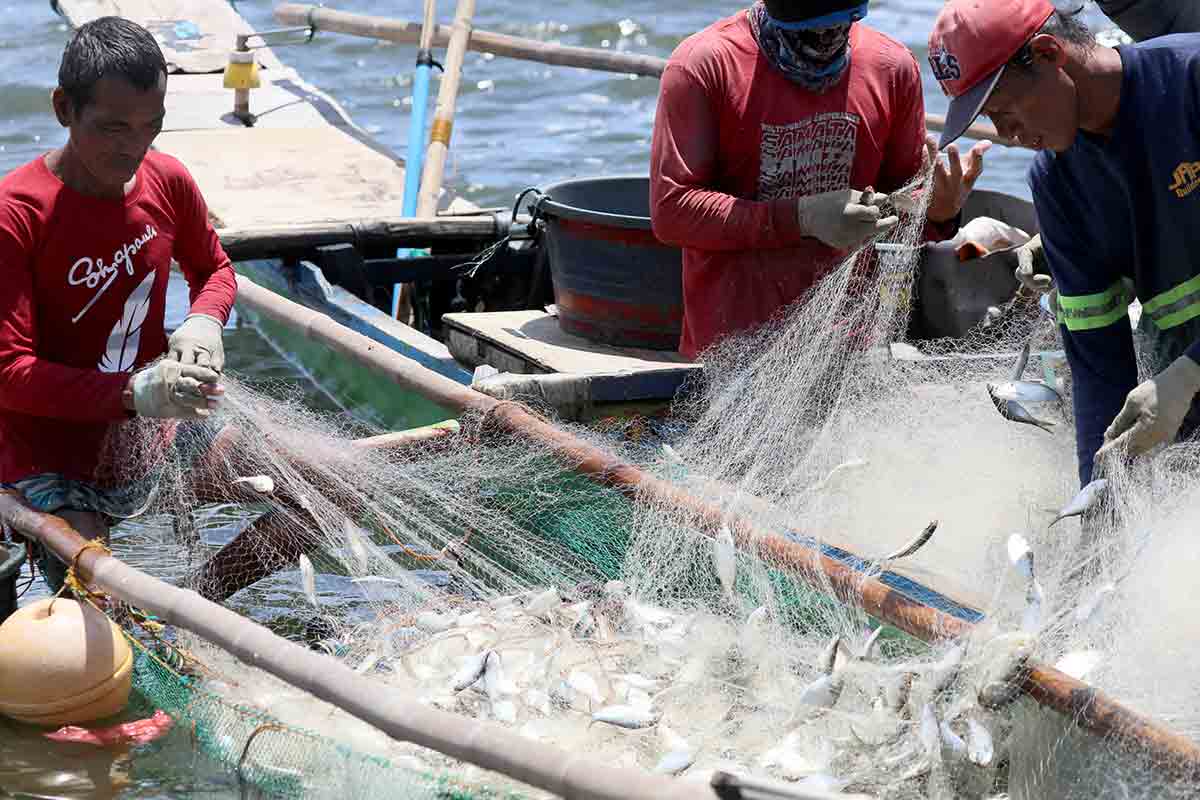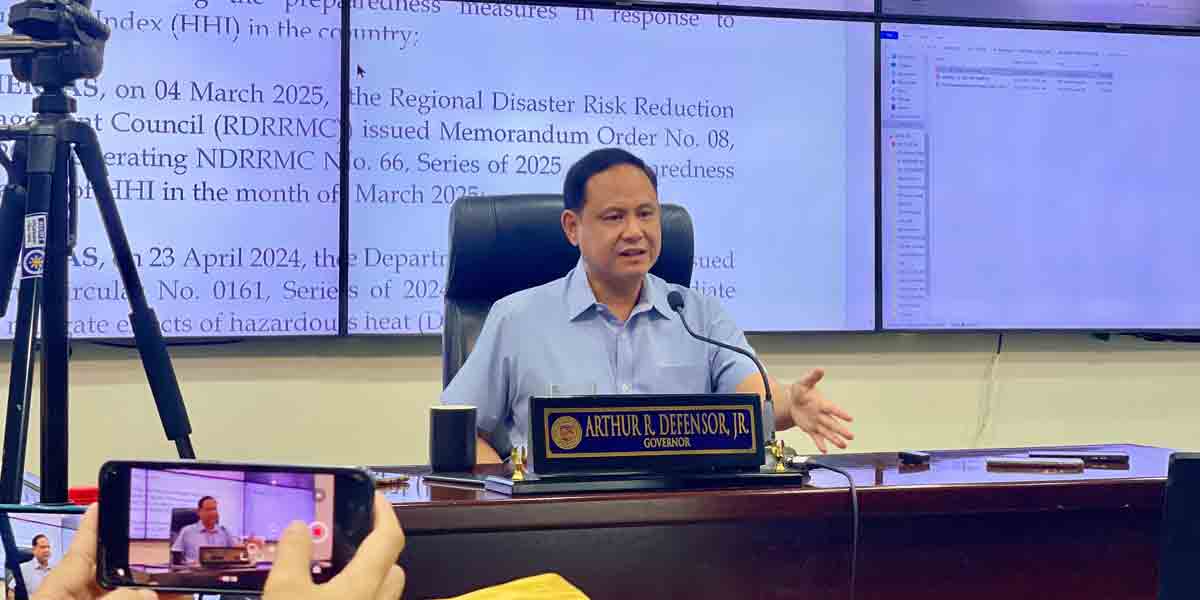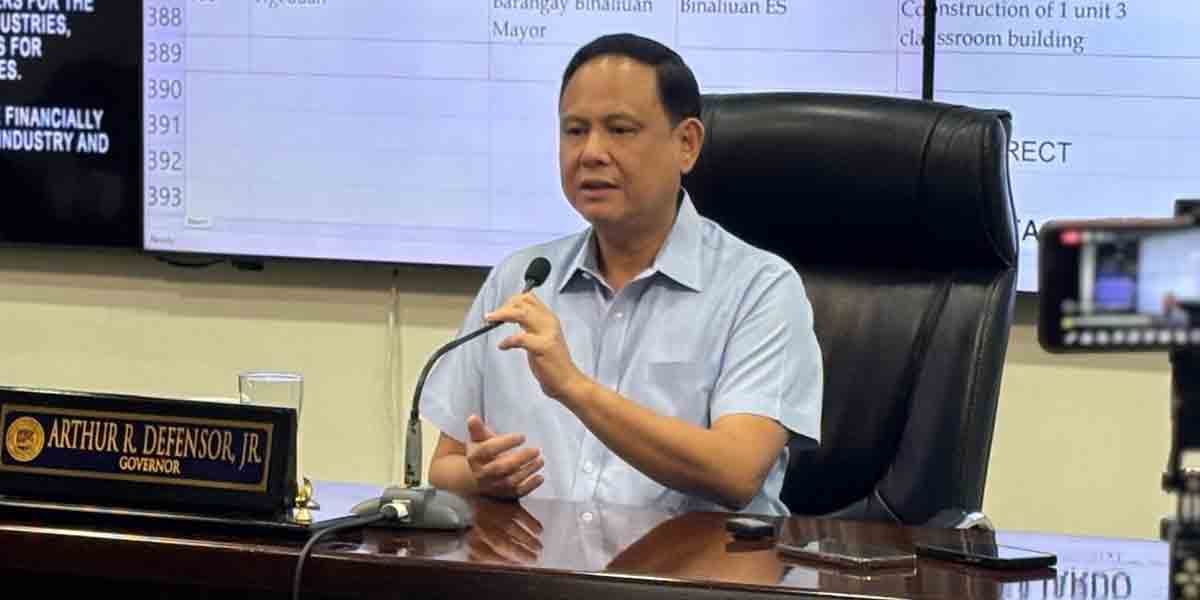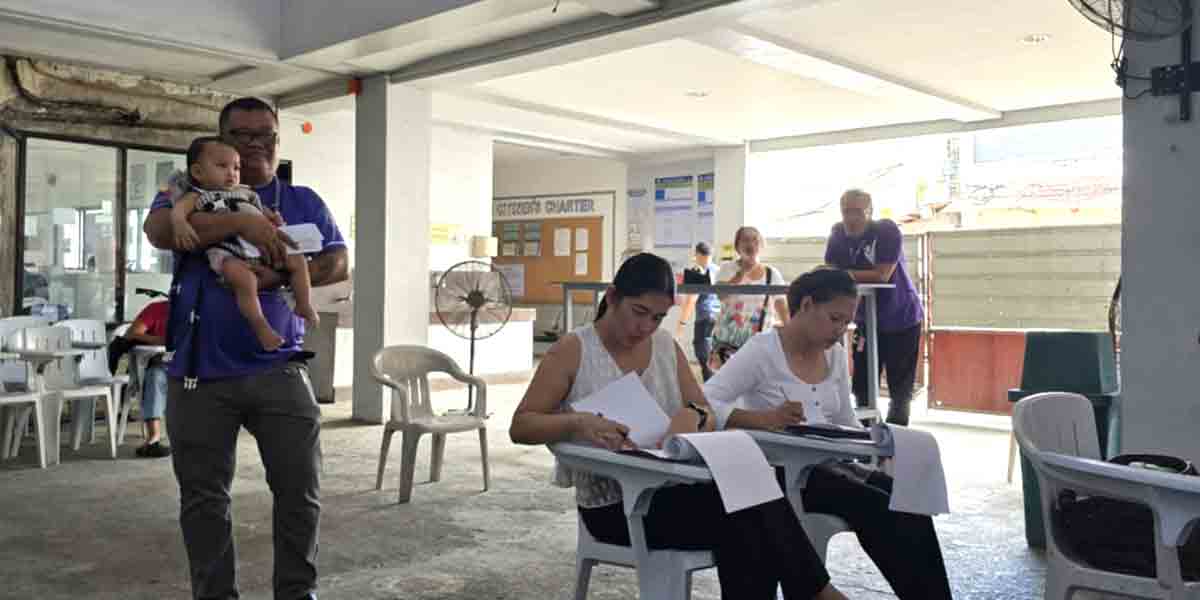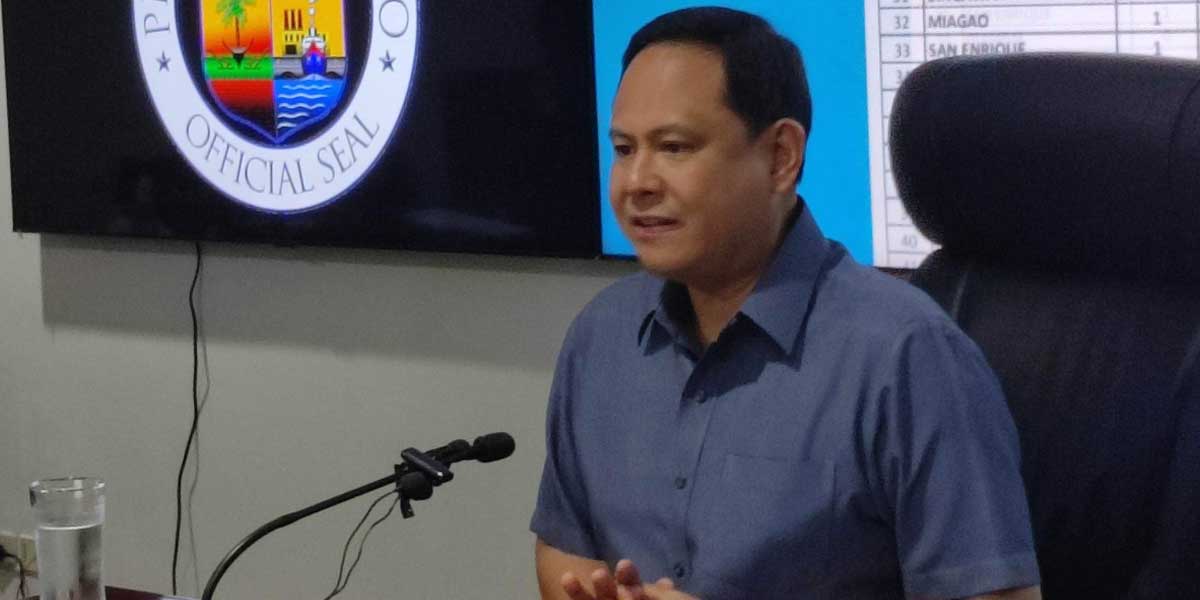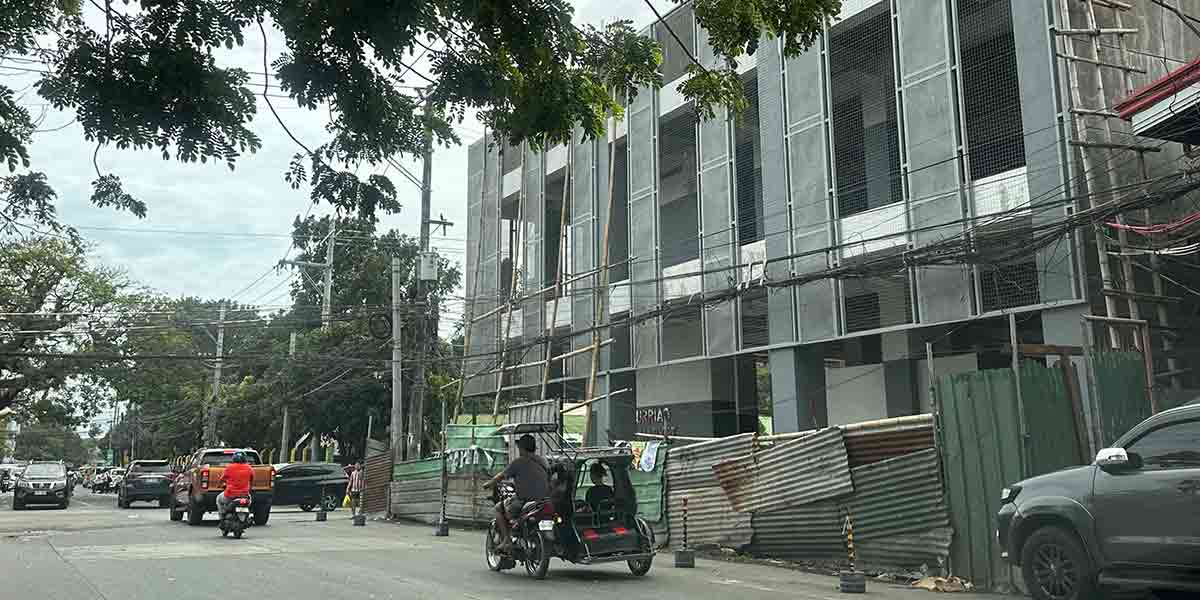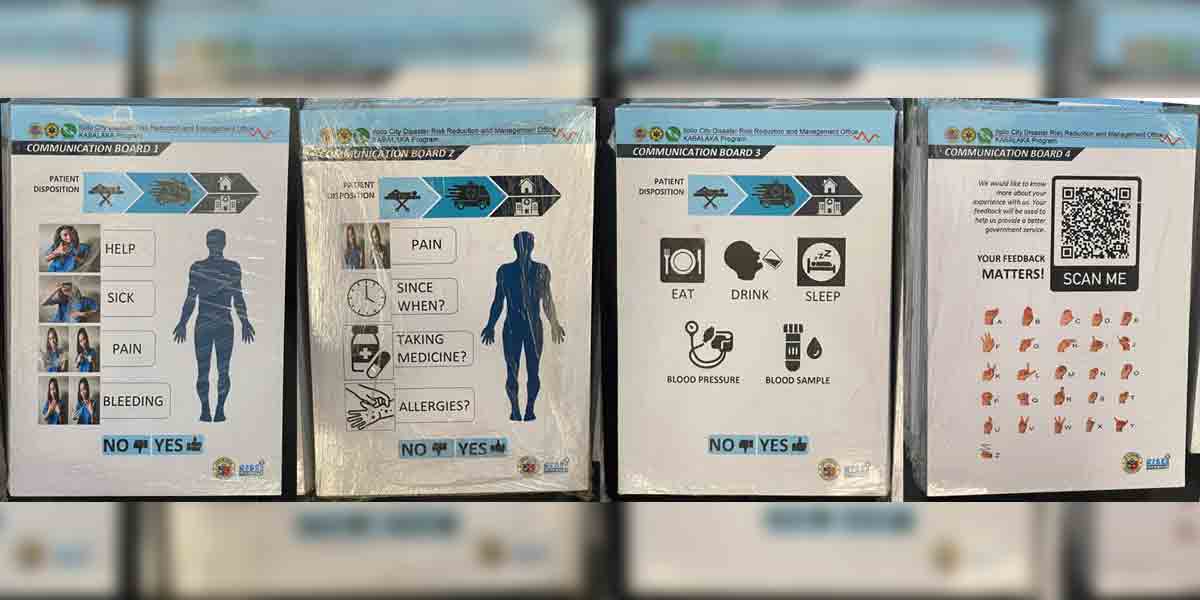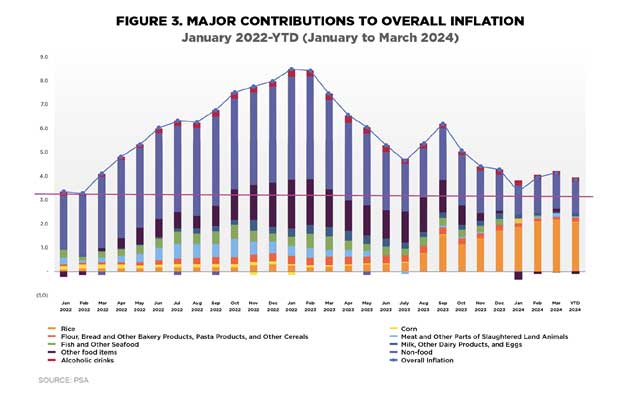
By Francis Allan L. Angelo
In a move to address the mounting challenges of food inflation and ensure the stability of food prices in the Philippines, President Ferdinand R. Marcos Jr. has enacted Administrative Order (AO) No. 20, aimed at revamping the country’s agricultural import policies.
The directive seeks to streamline administrative procedures and eliminate non-tariff barriers that have historically impeded the timely and sufficient importation of essential agricultural goods.
In a statement, Secretary Arsenio M. Balisacan of the National Economic and Development Authority (NEDA) outlined that the agriculture sector plays a crucial role in the nation’s economy.
However, it has been plagued by various challenges including inadequate supply during peak demand periods, leading to escalated food prices and increased inflation.
“Addressing these challenges requires sustained efforts to progressively bridge infrastructure gaps, promote the adoption of modern technologies, improve market and financial access for local producers, and build resilience to climate change,” Balisacan said.
Recent data underscores the urgency of these reforms. In January 2023, food inflation soared to 11.2%, heavily influenced by a spike in onion and sugar prices due to restricted imports and production setbacks.
Rice, a staple food in Filipino diets, has also become a significant driver of inflation, accounting for over half of the headline inflation rate as of March 2024.
The government’s response, as detailed in AO 20, involves not just easing importation processes but also focusing on domestic agricultural enhancement.
“AO 20 is deployed as a tool that considers the welfare of our farmers and fisherfolk and the vibrancy and potential of our agricultural sector as a growth driver of the economy,” Secretary Balisacan stated.
He reassured the public that this order is a strategic and necessary measure to improve the availability and affordability of food, thus supporting overall economic stability and the welfare of Filipinos.
Critics of the policy have raised concerns about neglecting local agricultural development in favor of importation.
In response, Secretary Balisacan said, “Our commitment to improving farmer welfare and raising agricultural productivity is unwavering.”
He highlighted that the Philippine Development Plan 2023-2028 focuses on transforming the agricultural sector through various strategic reforms aimed at enhancing efficiency and resilience.

